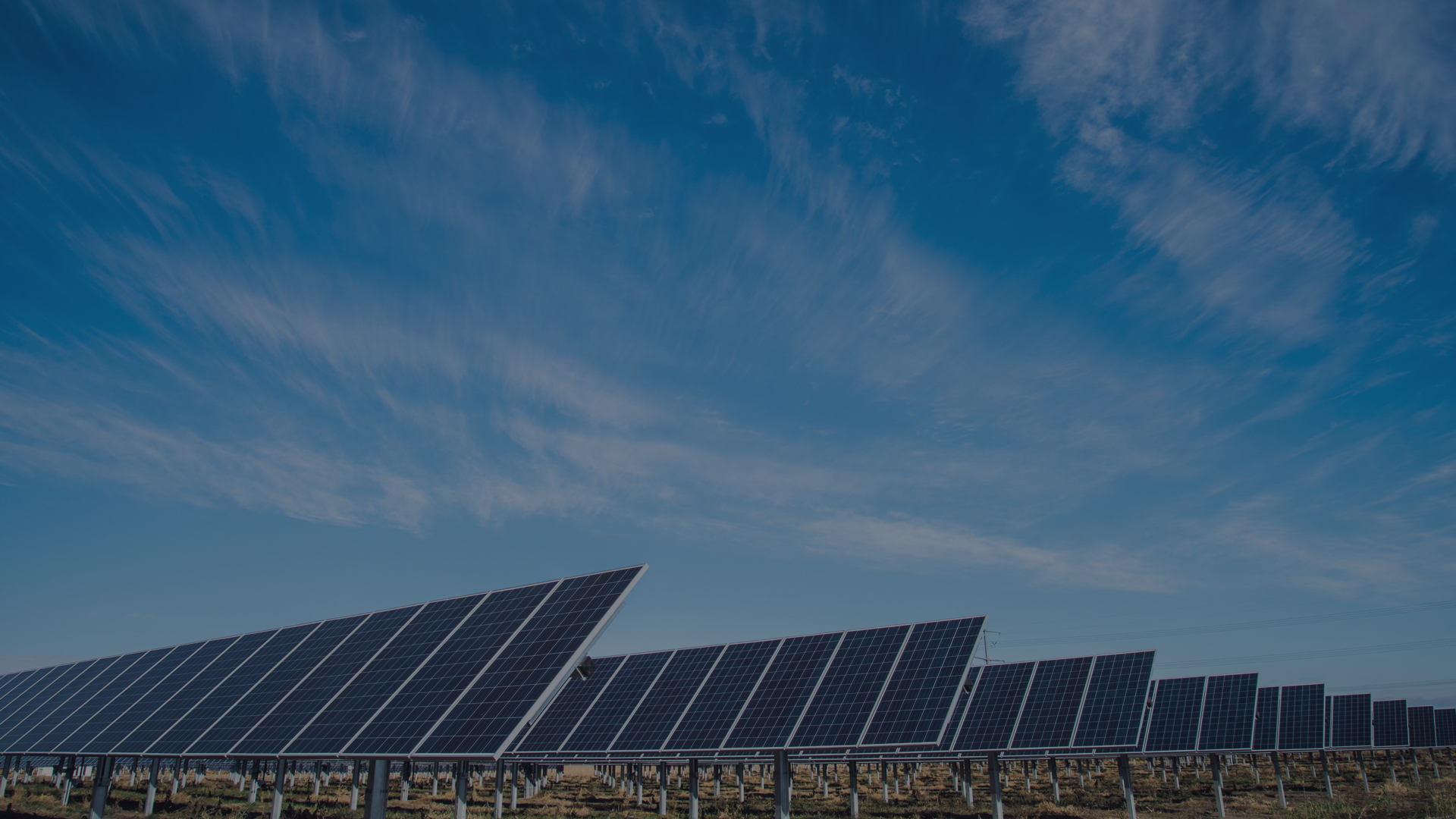There are several benefits to installing solar panels, including reducing carbon output. However, the main reason people tend to have a photovoltaic (PV) system installed is due the amount of money that can be saved on electricity bills.
The average household with solar panels saves £635 a year due to decreased usage of electricity from the national grid and income from the Feed in Tariff. With the average household utility bill now at £1,334, over six million homes are in fuel poverty.
A home is considered to be in fuel poverty if it spends over ten per cent of its take-home income on maintaining a satisfactory level of warmth.
In an attempt to combat the rising number of people struggling to sufficiently heat their homes, a community group in Newport, Wales – one of the areas with the highest concentration of homes in fuel poverty in the UK – is to install 240 solar panels on the roofs of houses in the area.
The group, Generation Community, predict that the installation of these panels will collectively reduce fuel bills in Newport by £38,000, as 631 MWh of solar energy will be produced every year. This would also result in carbon reductions of around 270 tonnes per annum.
As well as installing PV systems, the group specialises in developing low carbon energy projects.
James Alexander, Chairman of Generation Community told thenews.coop: "I believe that by using this model, Gen Community is drawing on proven 19th century co-operative concepts of social business to help solve 21st century problems, such as fuel poverty, climate change and fossil fuel dependence.
"By invoking the spirit of co-operatives and mutuals Gen Community can help drive the community deployment of low carbon generating technologies."
The initiative is being funded by a community share scheme, where members of the public are given to opportunity to invest anywhere between £500 and £20,000. So far the scheme has been very successful and £500,000 of the £1 million target was raised within a week of the programme's launch.
